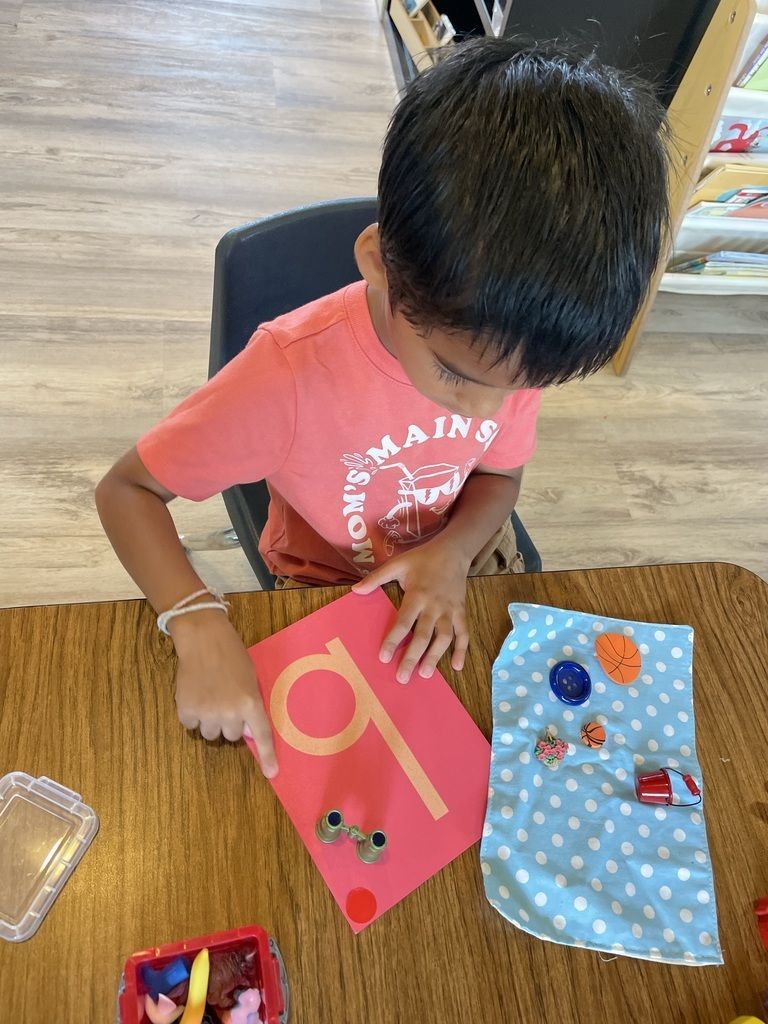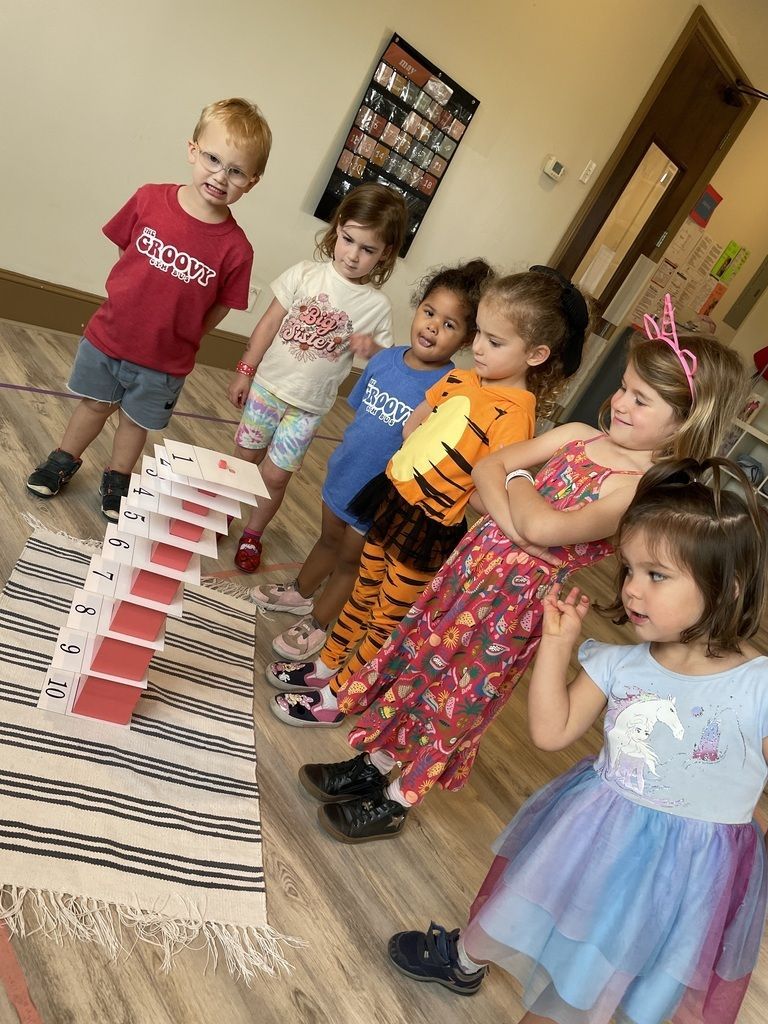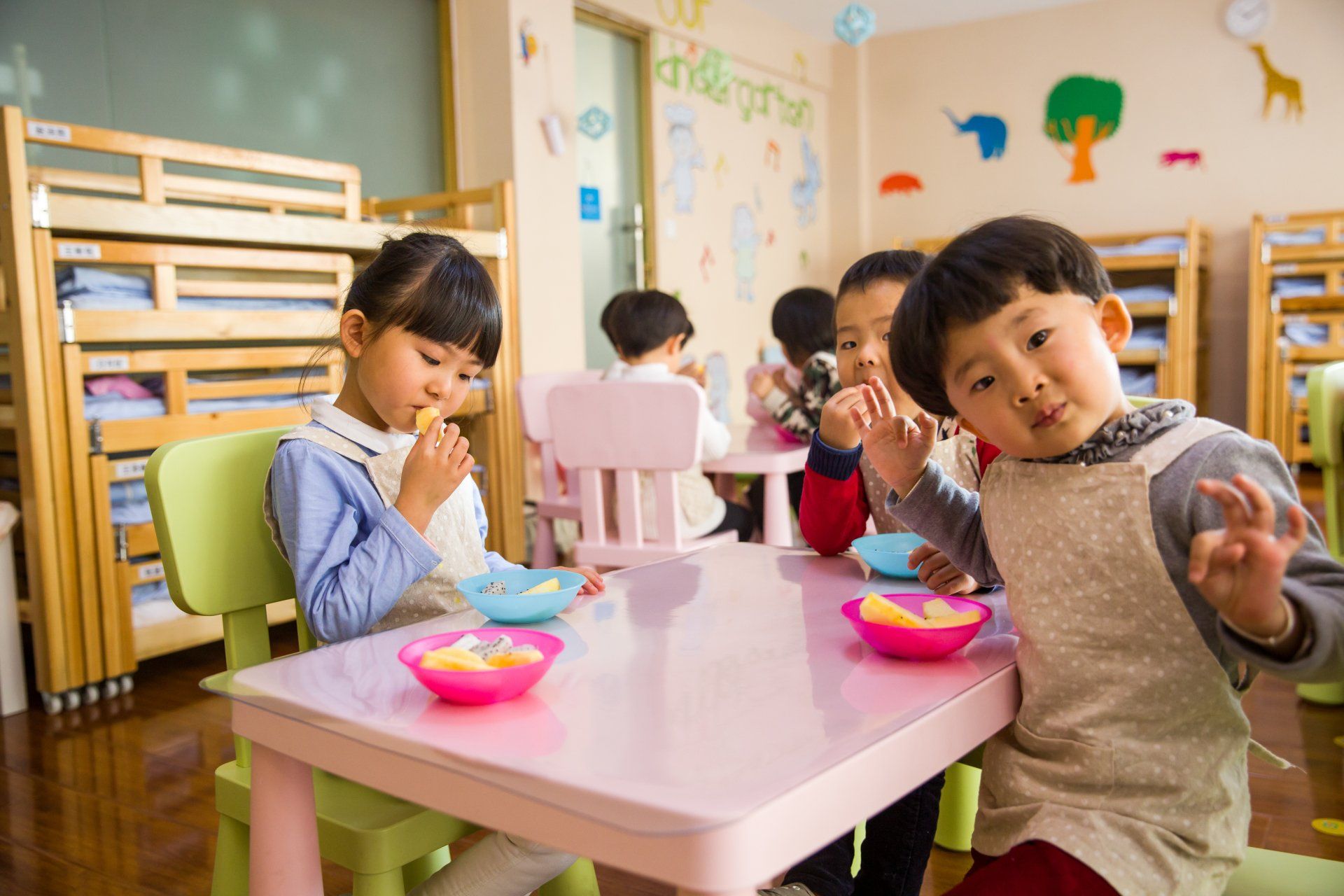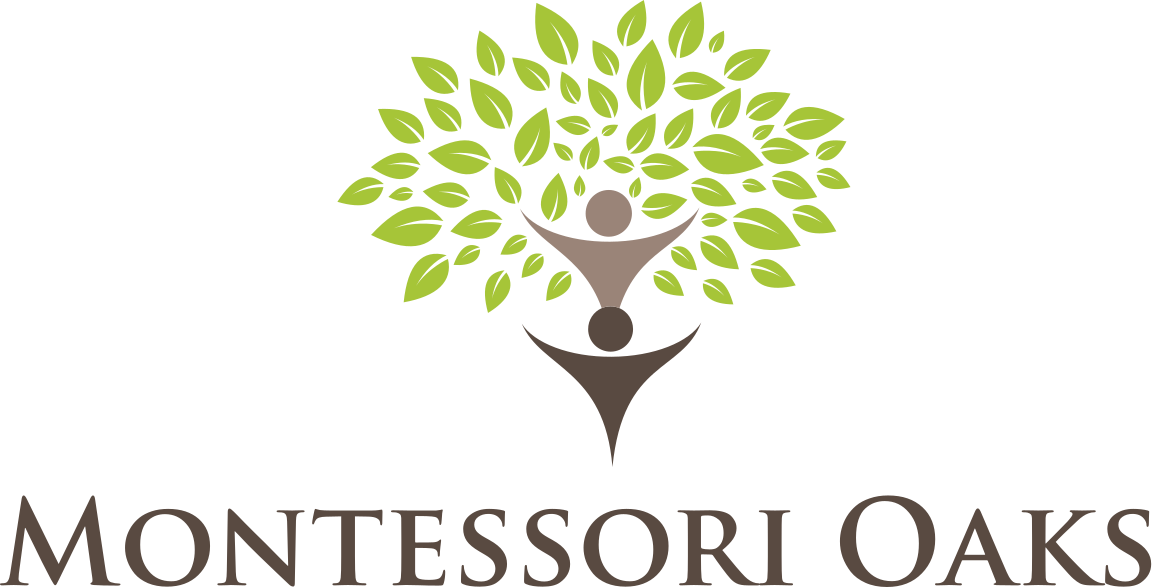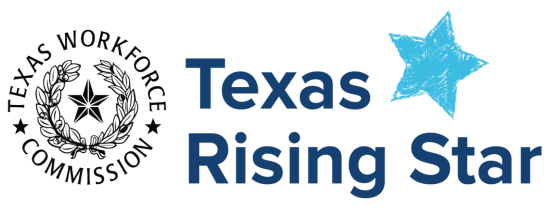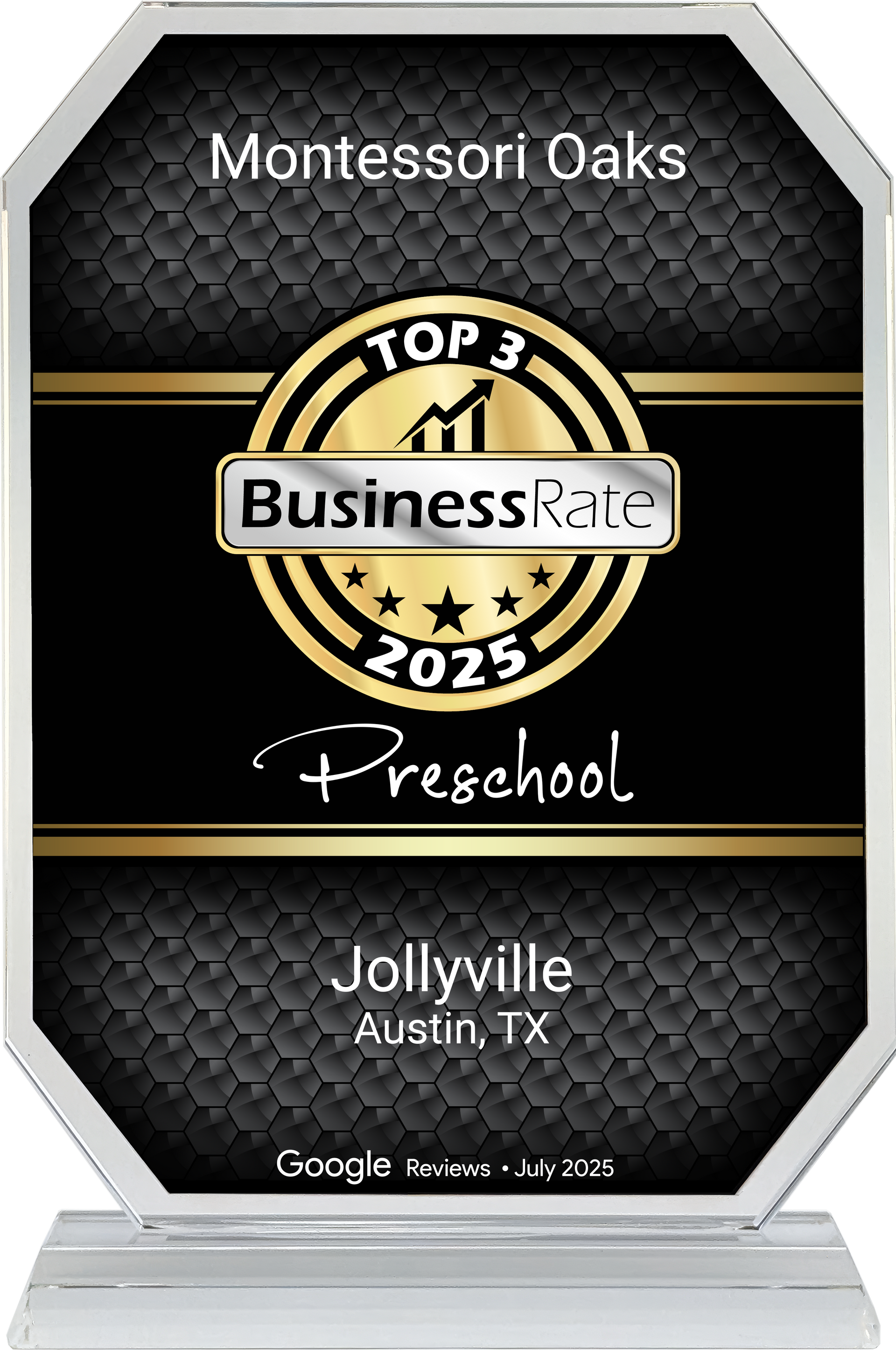Nurturing Independence: The Montessori Approach

Nurturing Independence: The Montessori Approach
In early childhood education, the Montessori method stands out for its emphasis on fostering independence in children. Rooted in the teachings of Dr. Maria Montessori, this approach recognizes the intrinsic drive within each child to explore, learn, and grow autonomously. By cultivating independence from a young age, Montessori education prepares children for success in academics and life.
Philosophy of Independence
At the heart of the Montessori philosophy lies the belief that children are inherently capable and possess an innate desire to learn and discover. Dr. Montessori observed that when children freely explore their environment and engage in purposeful activities, they develop a sense of self-confidence, resilience, and responsibility.
Examples of Independent Activities
Montessori classrooms systematically encourage independence through a variety of activities:
- Practical Life Skills: Children learn to care for themselves and their environment through pouring, spooning, buttoning, and sweeping. These tasks develop fine motor skills but also instill a sense of competence and self-reliance.
- Choice and Freedom: Children voluntarily choose their activities and work at a pace that fits them. Montessori education nurtures a love for learning and self-motivation by allowing children to follow their interests and passions.
- Self-Correction: Montessori materials provide immediate feedback, allowing children to correct their mistakes and learn from them independently. Self-correction promotes a growth mindset and resilience in the face of challenges.
- Community Contributions: Children participate in communal activities such as caring for plants, preparing snacks, and collaborating on group projects. These experiences foster a sense of belonging and responsibility towards the community.
Benefits for Parents
Parents of Montessori-educated children also reap the rewards of independence:
- Confident Decision-Making: Children who make choices and solve problems independently become more confident and assertive in their decision-making skills.
- Self-Sufficiency: Independent children are more capable of caring for their needs and managing tasks without constant supervision, relieving some of the burden on parents.
- Resilience and Adaptability: By allowing children to experience setbacks and challenges in a supportive environment, Montessori education equips them with the resilience and adaptability needed to navigate life's ups and downs.
Long-Term Benefits for Children
The benefits of independence extend far beyond the classroom and into adulthood:
- Academic Success: Independent learners are better equipped to excel academically, as they are self-motivated, resourceful, and take initiative in their studies.
- Life Skills: Independence fosters essential life skills such as problem-solving, time management, and organization, setting children up for success in their personal and professional lives.
- Emotional Well-being: Independent children have strong self-esteem and self-efficacy, contributing to greater emotional well-being and resilience in challenges.
In conclusion, Montessori education prioritizes independence as a cornerstone of children's development, empowering them to become confident, capable, and compassionate individuals. By nurturing independence from a young age, Montessori prepares children to thrive in an ever-changing world and make meaningful contributions to society.


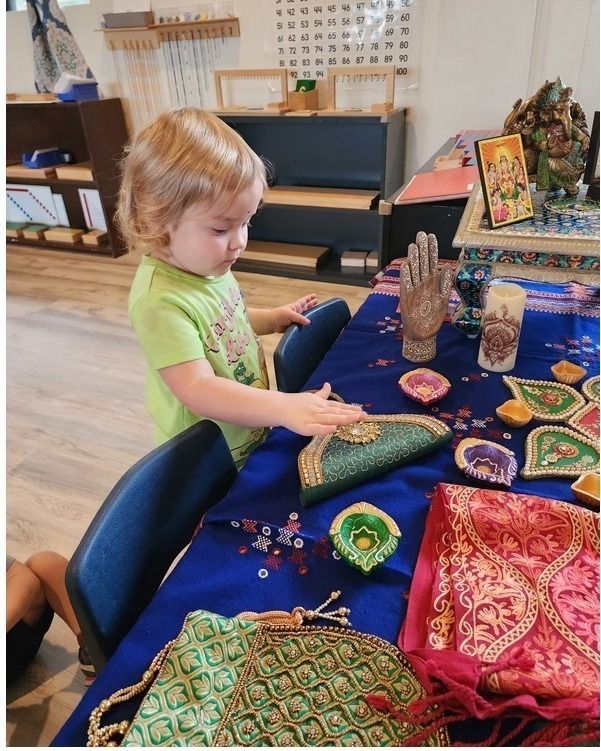
The Importance of Global Citizenship in Montessori Education: Introducing Kids to Different Cultures
